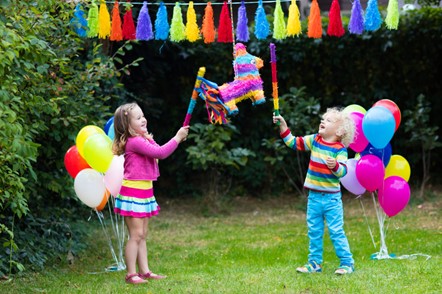
Do you know that kids should not be missing out on fun? Play and leisure are crucial for a child’s overall development and well-being. However, children often face a multitude of pressures, from academic demands to extracurricular commitments. Amidst all this, it’s easy to overlook one of the most essential aspects of childhood: having fun. So, how do you know if your child is missing out on fun? You can tell by:
Increased Irritability and Mood Swings
Kids who don’t have fun or have enough play time may get agitated over time. You may notice your kid having frequent mood swings, becoming easily frustrated or angry over insignificant issues. They are frequently irritable because they don’t have a way to express their feelings and energy. Play allows children to naturally release pent-up stress and express their feelings, which helps them regulate their emotions more successfully.
Declining Interest in Previously Enjoyed Activities
If your child expresses a clear disinterest in activities they once enjoyed, this could be a red flag. This could be due to exhaustion or a lack of free time to participate in recreational activities to explore with kids. When kids are overwhelmed with scheduled tasks, they frequently lose interest in hobbies and play.
Social Withdrawal
Youngsters who are not having enough fun may begin to isolate themselves from others. They may prefer to be alone instead of playing with friends or relatives. Social interactions while playing are essential for developing social skills, forming relationships, and learning cooperation and empathy.
Academic Struggles
Ever heard of the saying ‘all work and no play, makes Jack a dull boy’? Lack of recreation can make it difficult for kids to focus and stay motivated in school. To succeed academically, play promotes the development of critical thinking, creative problem-solving, and cognitive capabilities.
Lack of Creativity
Children show their creativity primarily with play. A decline in your child’s creative play or thought processes may indicate that they require additional playtime. Play improves creativity, which is vital for later-life innovation and problem-solving later-on in life
Types of Play
For kids, there are a variety of advantages to play:
Outdoor Play
Outdoor play is important for developing skills such as spatial awareness and balance, as well as increasing attention spans. Children who spend more time at the kid’s playground in Bali are likely to perform better academically as they get older. Encourage safe playgrounds and increased nature exposure to help children develop an appreciation for climate resilience.
Toys and object play
Babies who play with toys develop into tiny scientists who use their senses to experiment and discover. Preschoolers go even further, using things to develop abstract thinking and symbolism, such as turning a banana into a phone. At the same time, they can learn to share and take turns.
Conclusion
Recognizing early indicators that your child requires more play helps in maintaining a good balance of tasks and enjoyment. Play is vital for healthy development because it promotes happiness and growth in the emotional, social, and cognitive domains. Prioritizing pleasurable activities is an excellent investment in your child’s future.